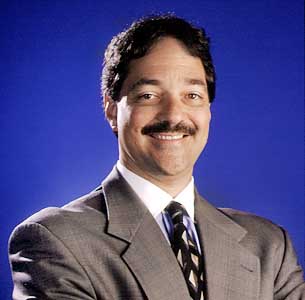 Former CSFB investment banker Frank Quattrone’s ordeal came to a close yesterday as the Court in the criminal case against him approved a deferred-prosecution agreement under which the charges will be dropped in a year and Mr. Quattrone was not required to pay a fine or admit any wrongdoing.
Former CSFB investment banker Frank Quattrone’s ordeal came to a close yesterday as the Court in the criminal case against him approved a deferred-prosecution agreement under which the charges will be dropped in a year and Mr. Quattrone was not required to pay a fine or admit any wrongdoing.
Thus, apart from the enormous cost of the prior litigation and having this talented businessman out of work for the past five years, at least Quattrone can now get back to his career and, as Peter Lattman notes, recover $120 million that he has coming to him.
But the same cannot be said for Arthur Andersen, which was prosecuted out of business under similar circumstances as Quattrone.
Just as Mr. Quattrone was never charged any criminal offense related to investment banking, Andersen was not prosecuted for providing fraudulent accounting services to its client, Enron.
Rather, appealing to the dynamics of resentment of wealthy and powerful business interests in the aftermath of Enron’s demise, Quattrone and Andersen were both indicted for obstruction of justice and witness-tampering related almost entirely to a single email that Quattrone and Andersen in-house counsel Nancy Temple sent reminding employees of each organization to clean up there files in accordance with each company’s document retention policy.
Instead of undertaking the difficult task of proving that either Quattrone or Andersen were really involved in any fraudulent acts, prosecutors in both cases portrayed the emails as a criminal cover-up. Then, without basis, the prosecutors liberally “suggested” in inflammatory public statements and during trial that Quattrone and Andersen were involved in fraud.
The prosecution of Quattrone was costly, but that cost pales in comparison to the economic damage that the Justice Department caused in prosecuting an American accounting institution and its 30,000 employees out of business. Despite that, similar misguided prosecutions continue.
This is simply not a rational deployment of the prosecutorial resources of our criminal justice system.
